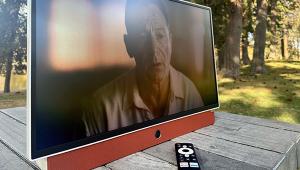So right...
Your comment is awaiting moderation.
CSN was my intro to vocal harmony. I wore out all of my original CSN and CSNY records in the 70′s. I also wore out their track on the Woodstock album. Wish I still had the originals as they got misplaced in the shuffle of growing up.
I still love vocal harmony. I hope that all of CSN and CSN&Y tracks will become available on high rez that won’t wear out. To me it is timeless music.
Thank you very much for this interview
































































